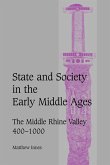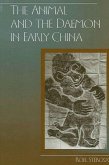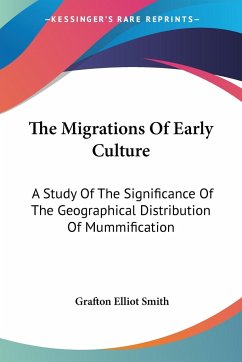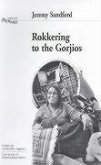Bronislaw Malinowski, born and educated in Poland, helped to establish British social anthropology.
Bronislaw Malinowski, born and educated in Poland, helped to establish British social anthropology. His classic monographs on the Trobriand Islanders were published between 1922 and 1935, when he was professor of anthropology at the London School of Economics. The present collection of Malinowski's early writings, establishes the intellectual background to this achievement. Written between 1904 and 1914, before he went to Melanesia, all but two of the essays are published here in English for the first time. They show how Malinowski's considerable impact on twentieth-century thought is rooted in the late nineteenth-century philosophy of central Europe, especially the work of philosopher and physicist Ernst Mach, Friedrich Nietzsche, and in the ethnological theories of James Frazer.
Table of contents:
Preface; Acknowledgements; Notes on the text; Introduction: Malinowski's reading, writing, 1904-1914; Part I. Malinowski's writings, 1904-1914: 1. Observations on Friedrich Nietzche's The Birth of Tragedy (1904/5); 2. On the principle of the economy of thought (1906); 3. Religion and magic: The Golden Bough (1910); 4. Totemism and exogamy (1911-1913); 5. Tribal male associations in Australia (1912); 6. The economic aspects of the intichiuma ceremonies (1912); 7. The relation of primitive beliefs to the forms of social organization (1913); 8. A fundamental problem of religious sociology (1914); 9. Sociology of the family (1913-14); Notes; References; Index.
Bronislaw Malinowski, born and educated in Poland, helped to establish British social anthropology. His classic monographs on the Trobriand Islanders were published between 1922 and 1935, when he was professor of anthropology at the London School of Economics. The present collection of Malinowski's early writings, establishes the intellectual background to this achievement. Written between 1904 and 1914, before he went to Melanesia, all but two of the essays are published here in English for the first time. They show how Malinowski's considerable impact on twentieth-century thought is rooted in the late nineteenth-century philosophy of central Europe, especially the work of philosopher and physicist Ernst Mach, Friedrich Nietzsche, and in the ethnological theories of James Frazer.
Table of contents:
Preface; Acknowledgements; Notes on the text; Introduction: Malinowski's reading, writing, 1904-1914; Part I. Malinowski's writings, 1904-1914: 1. Observations on Friedrich Nietzche's The Birth of Tragedy (1904/5); 2. On the principle of the economy of thought (1906); 3. Religion and magic: The Golden Bough (1910); 4. Totemism and exogamy (1911-1913); 5. Tribal male associations in Australia (1912); 6. The economic aspects of the intichiuma ceremonies (1912); 7. The relation of primitive beliefs to the forms of social organization (1913); 8. A fundamental problem of religious sociology (1914); 9. Sociology of the family (1913-14); Notes; References; Index.








